Search Results
Showing results 61 to 80 of 209
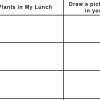
Take a Plant to Lunch
Source Institutions
Learners make a "menu" of any plants in their lunch for Monday through Friday and draw the plants from their lunch.
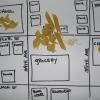
Create a Pasta Population Map
Source Institutions
Learners work as a group to create a map of their community. They use pasta to represent people, and glue the pasta on their maps to show areas of large population.
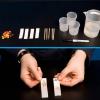
Candy Chromatography
Source Institutions
Learners analyze candy-coated sweets using chromatography. Learners use this method to separate the various dyes used to make colored candy.
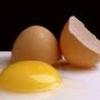
Egg-stra Strength
Source Institutions
In this physics activity, learners will investigate the strength of egg shells.
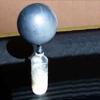
Yeast-Air Balloons
Source Institutions
In this activity, learners make a yeast-air balloon to get a better idea of what yeast can do. Learners discover that the purpose of leaveners like yeast is to produce the gas that makes bread rise.
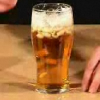
Lager Lamp
Source Institutions
In this demonstration, adult learners create a lava lamp using beer and nuts! Use this pub-themed activity to demonstrate the effects of buoyancy and bubbles.
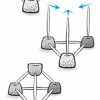
Geodesic Gumdrops: Candy and Toothpick Architecture
Source Institutions
This hands-on activity shows you how to build basic architectural shapes out of toothpicks and gumdrops.
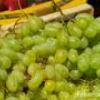
Push Me a Grape
Source Institutions
In this physics activity, learners experiment with the attractive and repulsive power of magnets.
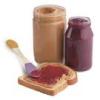
Peanut Butter and Jelly Robot
Source Institutions
This is an activity about robotics programming. Learners will discover how precise programmers have to be as they instruct a friend to make a peanut butter and jelly sandwich.
Growing Rock Candy
Source Institutions
In this activity, learners make their own rock candy. Crystals will grow from a piece of string hanging in a cup of sugar water. The edible crystals may take up to a week to form.
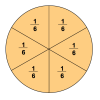
Number Sense and Computation: To Half or Half Not
Source Institutions
In this math lesson, learners use slices of bread and geoboards to explore several ways to divide a rectangle in half. Learners also identify equivalent fractions that represent one-half.

Rock Candy
Source Institutions
In this yummy chemistry activity which requires adult supervision, learners use sugar and water to explore how crystals form.
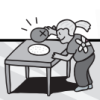
Electric Gelatin
Source Institutions
In this activity, learners explore static electricity and electrical charges while experimenting with an inflated balloon, unflavored gelatin powder, and a wool sweater.
Starburst® Graph
Source Institutions
In this activity, learners use Starburst® candy to sort, classify, compare, and graph. Learners grab a handful of one-inch candy squares, sort them by color, graph the candy, and discuss the results.
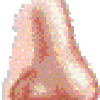
Expose Your Nose
Source Institutions
In this simple exploratory activity (1st activity on the page), blindfolded learners try to identify mystery items by smell.
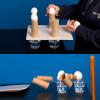
Egg Drop
Source Institutions
Perform this classic inertia demonstration to illustrate the transfer of potential energy to kinetic energy.
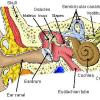
Model Eardrum
Source Institutions
In this activity (last activity on the page), learners make a model of the eardrum (also called the "tympanic membrane") and see how sound travels through the air.
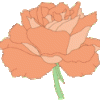
Smell Match
Source Institutions
In this matching activity (3rd activity on the page), learners use their sense of smell to match pairs of opaque containers filled with various smelly items like orange peel, roses, or moth balls.
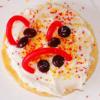
Edible Model of the Sun
Source Institutions
In this activity, learners make "solar cookies," edible models of the Sun's outer layers using sugar cookies and toppings.
The Jelly Bean Challenge
Source Institutions
In this activity, learners explore how their sense of smell affects their taste buds. Learners taste different flavored jelly beans while holding their nose.
